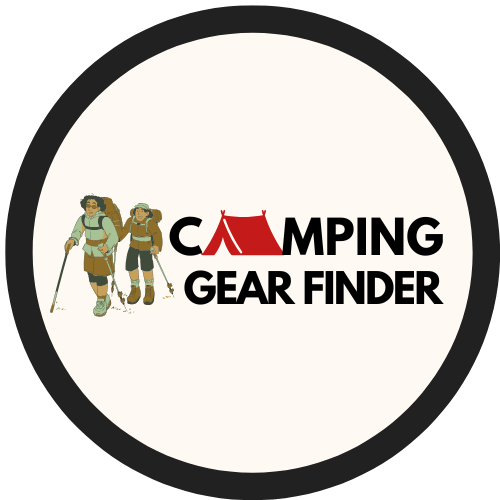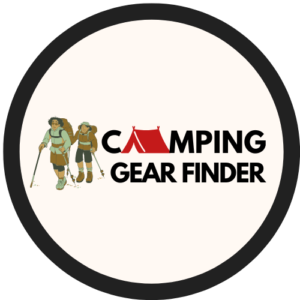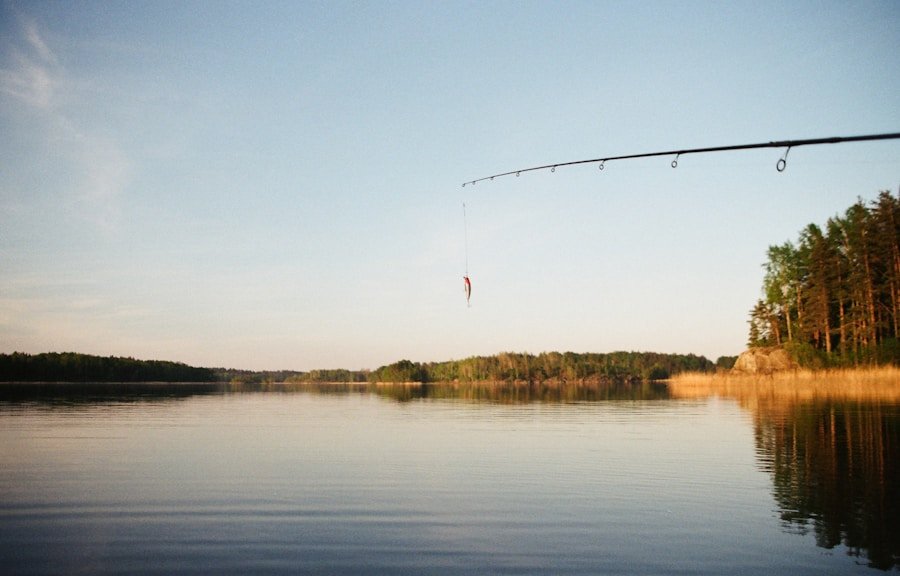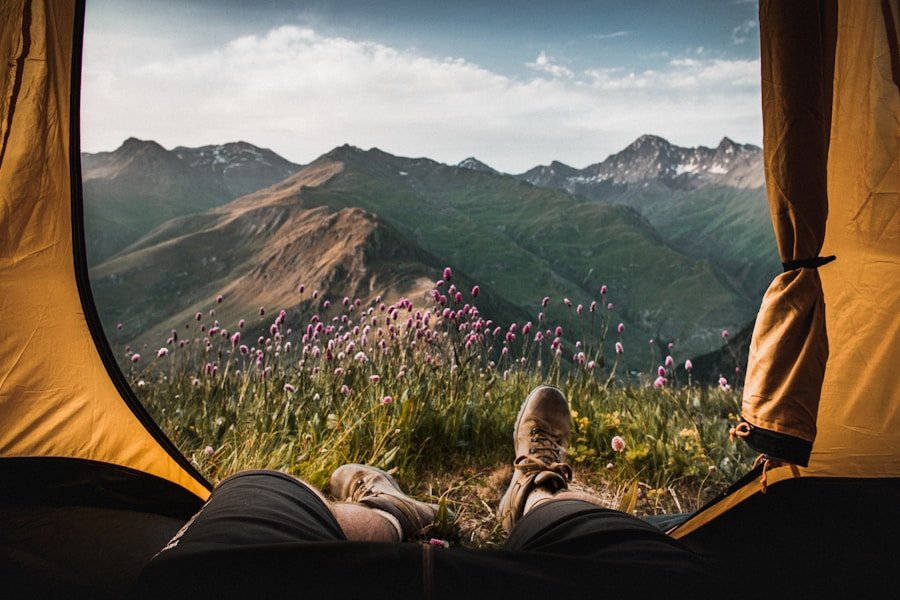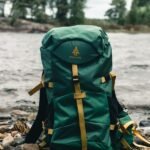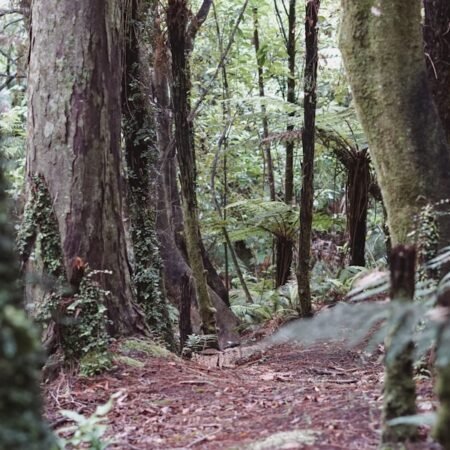Fishing is a popular outdoor activity that can be both relaxing and rewarding, especially when done while camping. For beginners, it’s important to understand the basics of fishing before heading out to the water. First and foremost, it’s essential to know the different types of fishing, such as freshwater fishing, saltwater fishing, and fly fishing.
Each type requires different techniques and gear, so it’s important to choose the right one for your camping trip. Additionally, beginners should familiarize themselves with the different types of fish they may encounter while fishing. Understanding the behavior and habits of the fish can greatly improve your chances of catching a successful dinner.
It’s also important to learn about the different types of bait and lures that are commonly used for fishing. Different fish species are attracted to different types of bait, so knowing which one to use can make a big difference in your fishing experience.
Key Takeaways
- Understanding the basics of fishing is crucial for beginners, including learning about different types of fish and their behavior.
- Essential gear and equipment for beginner anglers include a fishing rod, reel, line, hooks, and bait.
- Choosing the right fishing spot for camping involves considering factors such as water depth, temperature, and the presence of fish.
- Techniques and tips for successful fishing include learning how to cast, reel in, and properly handle a fish once caught.
- Safety precautions and etiquette for fishing while camping are important, including being aware of local regulations and respecting the environment.
Essential Gear and Equipment for Beginner Anglers
Before heading out for a fishing trip while camping, it’s important to have the right gear and equipment. The most essential piece of equipment for fishing is a fishing rod and reel. There are many different types and sizes available, so it’s important to choose one that is suitable for the type of fishing you will be doing.
Additionally, beginners will need to invest in a tackle box to store their bait, lures, and other fishing accessories. Other essential gear for beginner anglers includes fishing line, hooks, bobbers, and sinkers. It’s also important to have a good pair of polarized sunglasses to reduce glare and see into the water more clearly.
A fishing net and a pair of pliers are also useful tools to have on hand while fishing. Lastly, it’s important to invest in a good quality cooler to store your catch and keep it fresh until it’s time to cook.
Choosing the Right Fishing Spot for Camping
When camping, choosing the right fishing spot can greatly impact your chances of catching dinner. It’s important to research the area where you will be camping to find out which bodies of water are suitable for fishing. Lakes, rivers, and streams are all popular choices for fishing while camping.
It’s also important to consider the accessibility of the fishing spot, as well as any regulations or restrictions that may apply. Once you have chosen a fishing spot, it’s important to consider the time of day and weather conditions. Fish are more active during certain times of the day, so it’s important to plan your fishing trip accordingly.
Additionally, weather conditions such as wind and rain can affect the behavior of fish, so it’s important to take these factors into consideration when choosing a fishing spot.
Techniques and Tips for Successful Fishing
| Topic | Metrics |
|---|---|
| Fishing Location | Lake, River, Ocean |
| Types of Fish | Bass, Trout, Catfish |
| Fishing Equipment | Rod, Reel, Bait |
| Fishing Techniques | Casting, Trolling, Jigging |
| Safety Tips | Wear Life Jacket, Watch for Hooks |
For beginners, learning the right techniques and tips can greatly improve their chances of catching dinner while camping. One important technique to master is casting, which is the act of throwing your line into the water. It’s important to practice casting in order to improve accuracy and distance.
Additionally, beginners should learn how to properly set the hook when a fish bites in order to successfully reel it in. Another important tip for successful fishing is to be patient and observant. Fish can be elusive, so it’s important to wait quietly and watch for any signs of fish activity.
It’s also important to pay attention to the movement of your bait or lure in order to attract fish. Additionally, beginners should learn how to properly handle and release fish in order to minimize harm to the fish population.
Safety Precautions and Etiquette for Fishing While Camping
While fishing can be a fun and rewarding activity, it’s important for beginners to prioritize safety and etiquette while on a camping trip. One important safety precaution is to always wear a life jacket when fishing from a boat or near deep water. It’s also important to be aware of your surroundings and watch out for any potential hazards such as slippery rocks or strong currents.
In terms of etiquette, it’s important for beginners to be respectful of other anglers and the environment. This includes following any regulations or restrictions that may apply to the area where you are fishing. It’s also important to properly dispose of any trash or waste in order to keep the fishing spot clean and pristine for future visitors.
Cleaning and Cooking Your Catch: A Beginner’s Guide
Once you’ve successfully caught a fish while camping, it’s important to know how to properly clean and cook your catch. The first step is to properly clean the fish by removing its scales, gutting it, and removing any unwanted parts. It’s important to do this as soon as possible in order to keep the fish fresh.
After cleaning the fish, beginners should learn how to properly cook it over a campfire or portable stove. There are many different ways to cook fish while camping, including grilling, frying, or baking. It’s important to season the fish with herbs and spices in order to enhance its flavor.
Additionally, beginners should learn how to properly store any leftover fish in order to prevent spoilage.
Troubleshooting Common Fishing Challenges for Beginners
For beginners, there are many common challenges that may arise while fishing. One common challenge is dealing with snags or tangles in your fishing line. It’s important to learn how to properly untangle your line in order to avoid frustration and wasted time.
Additionally, beginners may struggle with casting accuracy or setting the hook properly, so it’s important to practice these techniques in order to improve. Another common challenge for beginners is dealing with changing weather conditions or water currents. It’s important to be adaptable and patient when facing these challenges in order to maximize your chances of catching dinner while camping.
Additionally, beginners should be prepared for any unexpected situations such as losing a fish or encountering wildlife while fishing. In conclusion, fishing while camping can be a fun and rewarding experience for beginners. By understanding the basics of fishing, having the right gear and equipment, choosing the right fishing spot, learning techniques and tips for successful fishing, prioritizing safety and etiquette, knowing how to clean and cook your catch, and troubleshooting common challenges, beginners can greatly improve their chances of catching dinner while camping.
With practice and patience, beginners can develop their skills as anglers and enjoy many successful fishing trips in the great outdoors.
FAQs
What is fishing?
Fishing is the activity of trying to catch fish. This can be done in freshwater or saltwater, using a variety of techniques and equipment.
Why is fishing a popular activity while camping?
Fishing is a popular activity while camping because it provides an opportunity to catch fresh food, connect with nature, and enjoy a relaxing pastime.
What equipment do I need for fishing while camping?
Basic fishing equipment includes a fishing rod, fishing line, hooks, bait, and a tackle box. Additional items such as a fishing net, fishing pliers, and a fishing knife can also be useful.
What are some common fishing techniques for beginners?
Common fishing techniques for beginners include bait fishing, lure fishing, and fly fishing. Each technique requires different equipment and skills.
What types of fish can I catch while camping?
The types of fish you can catch while camping depend on the location. Common fish species include trout, bass, catfish, and panfish in freshwater, and species such as salmon, snapper, and mackerel in saltwater.
What are some safety tips for fishing while camping?
Safety tips for fishing while camping include wearing appropriate clothing and footwear, being aware of your surroundings, and following local fishing regulations. It’s also important to handle fish carefully and be mindful of hooks and sharp objects.
